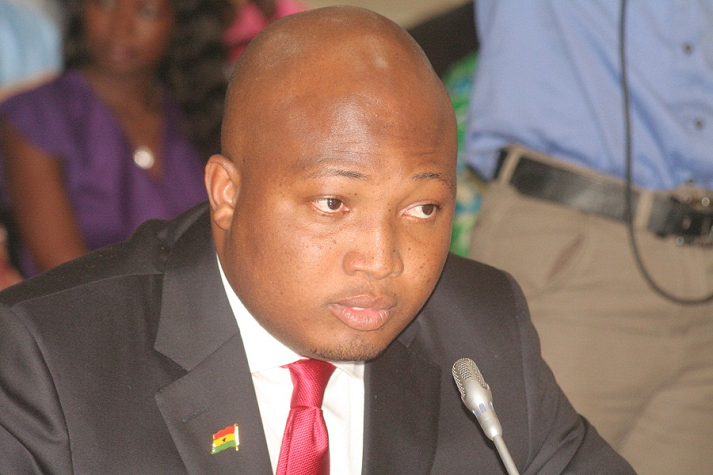
Private schools to start printing textbooks based on GES curriculum
Private schools in the country have decided to print their own textbooks based on the Ghana Education Service (GES) curriculum, beginning this academic year in September.
Advertisement
That, they said, was because the government was no longer supplying them with textbooks as had been the practice.
“Yes, we are going to print our textbooks based on the curriculum from the Curriculum Research and Development Division (CRDD) of the GES. We are having a conference in Sunyani and that is where we are going to announce our decision formally,” the President of the Ghana National Association of Private Schools (GNAPS), Mr Godwin Sowah, told the Daily Graphic.
The books to be printed are those of the four core subjects of Mathematics, English, Science and Social Studies, as well as supplementary readers from what they term ‘very good local writers.’
Ministry’s response
Responding to the decision of the private schools, a Deputy Minister of Education, Mr Samuel Okudjeto Ablakwa, told the Daily Graphic that although he was hearing of the decision of the GNAPS for the first time, he wished that they would have contacted the ministry over the issue, since they (private schools) had been beneficiaries of government textbooks.
“For private schools, they reserve the right to take such a decision,” he said, and added that the ministry would have wished they contacted it to see how best they could look at the issue, since the private schools played an important role in the delivery of education in the country.
GNAPS encouragement
With regard to the printers of the books, Mr Sowah said the private schools would rely on local printers although some of those printers had foreign links.
He said he believed that the GES should encourage private schools as regards the decision they had taken, since it was a good idea.
“There is no sabotaging anywhere, it is a very progressive idea and we should be encouraged,” he said.
In communities where there were no public schools, he said, the private sector was providing education in those areas, and so they needed the government’s support.
The GNAPS president said private schools wanted to continue to provide quality education to Ghanaian children to assure Ghanaians of quality education.
“Government used to supply us with textbooks which were printed for the entire education sector, with no discrimination between public and private schools. Whatever textbooks they (government) had, they would call us and share, and say you have this share of textbooks for your district for the various classes. But at a certain point in time, the government stopped at the regions and districts stopped, and then when you go and ask about the books the GES tells you that even we the government schools don’t have the books.”
Children disillusioned
Mr Sowah said some children were getting disillusioned with education because they noticed certain areas of making quick money, and that if care was not taken, about 15 years from now, some Ghanaian children would not go to school.
Mr Sowah said the lack of textbooks hindered smooth academic activities, so there was no problem taking the decision to print their own textbooks if the government would not help them.
Local printers, he said, would be used in the printing of the textbooks for the private schools.



